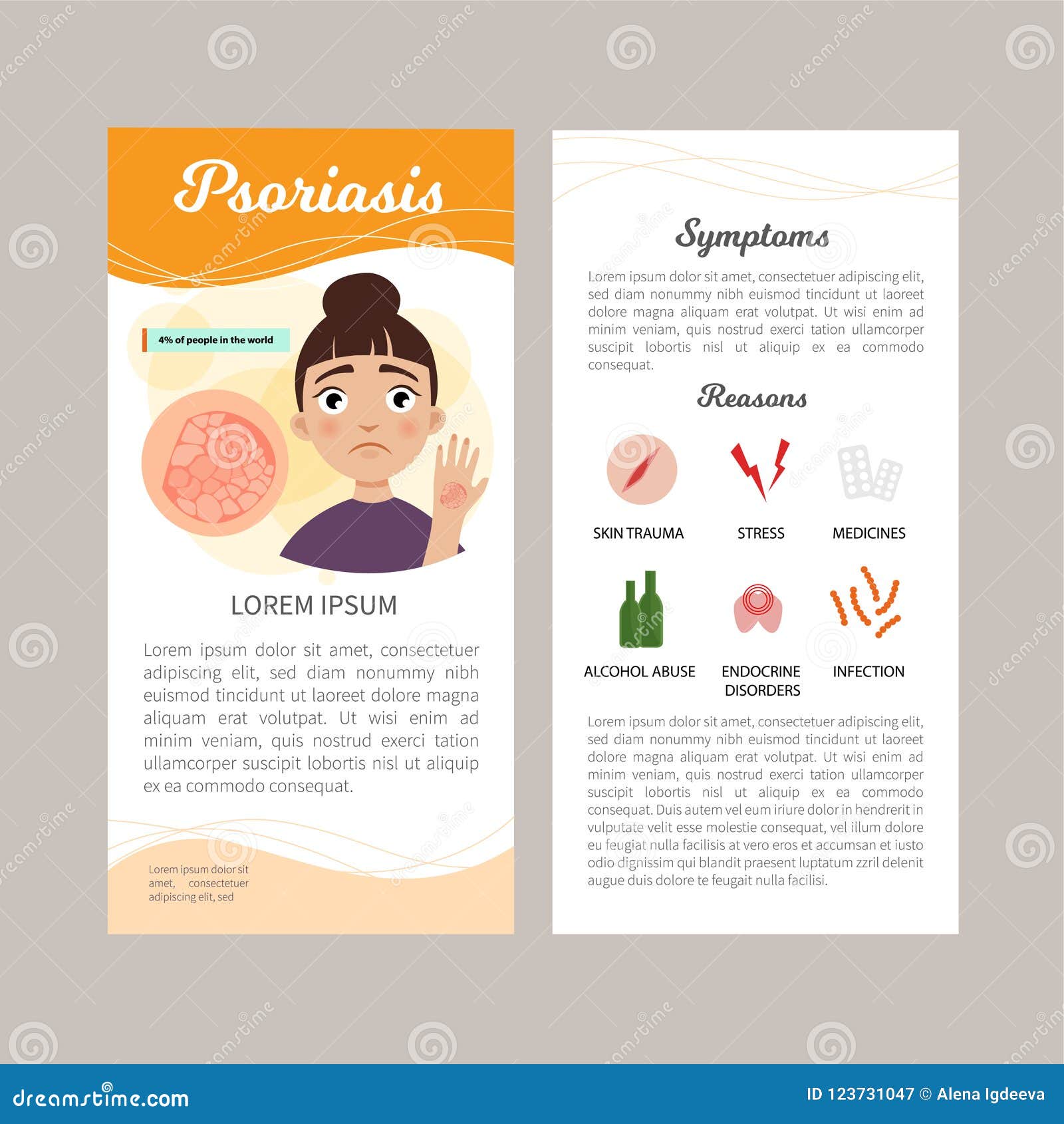Misconceptions And Facts About Acne: Debunking Common Misconceptions
Misconceptions And Facts About Acne: Debunking Common Misconceptions
Blog Article
Web Content By-Haney Kjeldsen
You might believe that delighting in chocolate or greasy foods is the source of your acne, yet that's just one of several misconceptions swirling around this usual skin problem. Actually, acne mainly comes from stopped up hair follicles, not your last treat. Misconceptions like these can lead you to embrace ineffective skincare techniques that may even worsen your circumstance. As you navigate the truths behind acne, you'll uncover insights that can transform your approach to skincare and help you accomplish clearer skin. So, what really lies under the surface?
Common Myths Concerning Acne
When it comes to acne, many people rely on usual myths that can bring about confusion and stress. One common misconception is that eating delicious chocolate or greasy foods causes acne. While diet plan can affect skin health, the direct link between certain foods and acne isn't as specific as many think.
An additional usual misunderstanding is that you should scrub your face strongly to clean up breakouts. In truth, hostile rubbing can aggravate your skin and worsen acne.
You could additionally think that acne only affects teens, yet adults can experience it too, typically because of hormonal modifications or anxiety. Some people believe that tanning can clear up acne, however sun direct exposure can really result in skin damage and worsen breakouts over time.
Finally, lots of believe that utilizing extreme products will get rid of acne promptly. However, migraine botox can remove your skin of its all-natural oils, leading to enhanced inflammation and even more outbreaks.
Scientific Information Behind Acne
Comprehending the scientific facts behind acne can empower you to tackle this common skin disease more effectively.
Acne occurs when hair roots end up being clogged with oil, dead skin cells, and microorganisms. This process usually begins with an overflow of sebum, the oil your skin naturally produces. Hormonal modifications, particularly throughout adolescence or menstrual cycle, can cause this excess oil.
Microorganisms known as Propionibacterium acnes flourish in these clogged pores, bring about swelling. When your body immune system reacts, it can create soreness and swelling, leading to those annoying pimples or cysts.
Genes also contribute; if your moms and dads had acne, you might be much more susceptible to it.
Diet regimen and anxiety levels can influence acne also, however study is still evolving in these areas. While indulging in greasy foods will not straight create outbreaks, a balanced diet regimen can support your skin health.
Also, handling stress and anxiety can reduce hormone variations that may aggravate acne.
Tips for Handling Acne
Managing acne successfully needs a mix of everyday skin care habits and lifestyle modifications. Start by establishing a regular skin care routine. Clean your face twice a day with a gentle, non-comedogenic cleanser to get rid of dust and excess oil. Stay clear of scrubbing also hard, as this can aggravate your skin and intensify acne.
Next, include products consisting of salicylic acid or benzoyl peroxide to aid stop breakouts. Constantly follow up with a light-weight, oil-free moisturizer to maintain your skin hydrated. Do not neglect sunscreen; choose non-comedogenic alternatives to protect your skin from UV damage without obstructing pores.
Past skincare, take note of your diet regimen. Limit sweet and greasy foods, and concentrate on fruits, veggies, and entire grains. Staying hydrated is website link , so beverage lots of water throughout the day.
Furthermore, handle stress through activities like yoga, reflection, or workout, as stress and anxiety can trigger outbreaks.
Lastly, avoid picking or standing out pimples. This can lead to scarring and additional swelling. If your acne continues, consult a dermatologist for personalized treatment options.
Verdict
Finally, it's essential to different reality from fiction when it comes to acne. By debunking usual myths, you can better understand your skin and make informed options for your skincare routine. So, why continue to count on outdated ideas when the fact can encourage you? Welcome healthier behaviors, focus on mild cleansing, and remember that handling acne is a journey. With the best understanding, you're one action better to more clear, much healthier skin.
